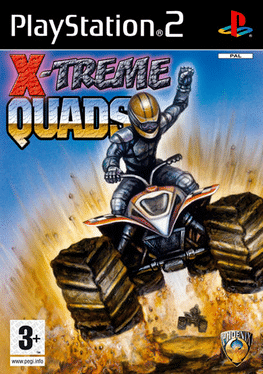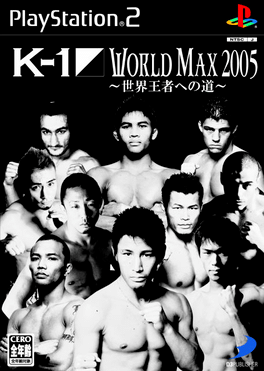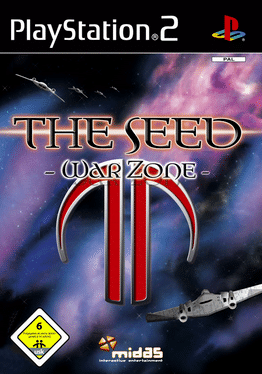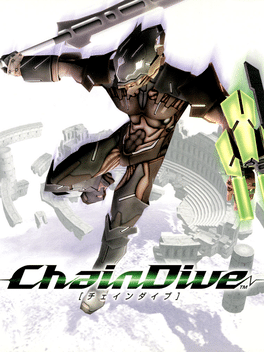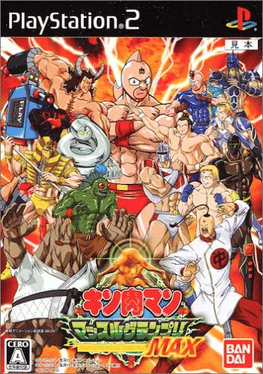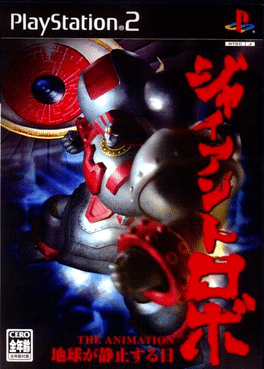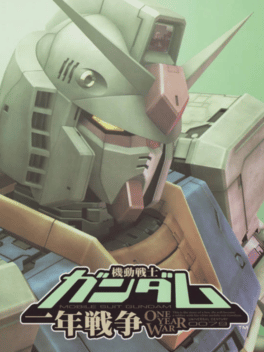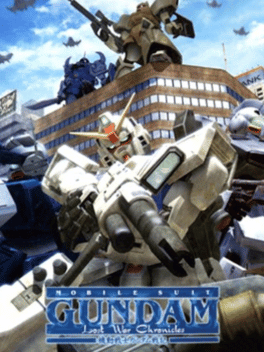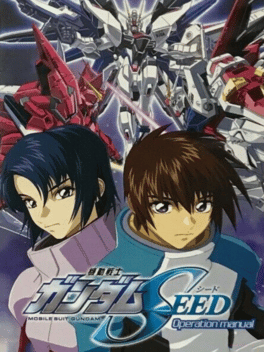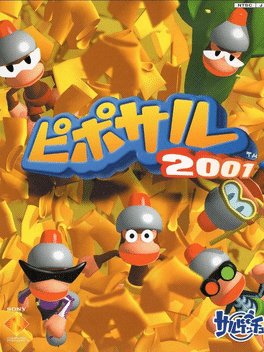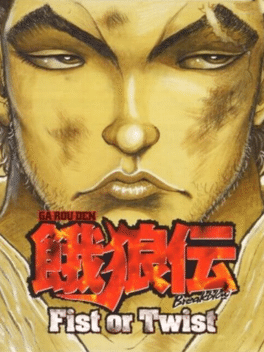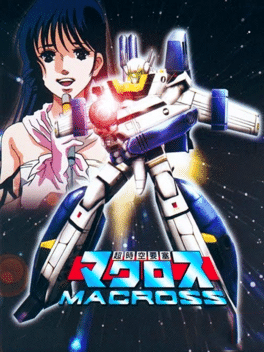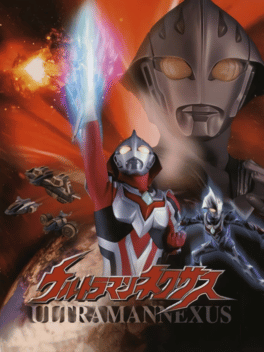Most Popular Playstation 2 Games - Page 71
-
Turbo Trucks
2006
Turbo Trucks
2006
Turbo Trucks is an aggressive, no-holds-barred race to the finish line featuring a line up of some seriously mean vehicles. Set across winding woodland courses and remote desert canyons, you get to choose from a selection of gorgeous trucks and take on opponents in successive races to earn coveted trophies in the tournaments, or hone your driving skills in the quick races and time trials. Win the tournaments to gain access to more courses and trucks! Ram, smash and spin your opponents off the track while perfecting your racing line to gain the upper hand. Anything goes! -
The Toys Room
2004
-
Wacky Zoo GP
2007
Wacky Zoo GP
2007
Skid, jump and bump to first place with the help of the boosts, bombs, rockets & more! Blast your way around Wacky Town, bash your way around the Jungle tracks, and generally throw all you can grab at those who dare race ahead of you! Practice with the weapons in the Quick Races, get your name up in lights in the Time Trail records, and take on (or blow up!) the best to win the coveted trophies in the Tournaments to become top of the Wacky Zoo GP! -
X-treme Quads
2005
X-treme Quads
2005
Start your engines! X-Treme Quads features wild quad bike racing over even wilder terrain. So hold on tight! There are miles and miles of unrelenting track to cover before you can be crowned the champion, and the only guarantee is that the ride is going to be extreme! - 12 Xtreme quad bikes to choose from - 9 Xtreme racing tracks - Xtreme terrain and jumps to test you - Xtreme AI competitors to try and beat -
Simple 2000 Series Ultimate Vol. 31: K-1 World Max 2005 - Sekai Ouja he no Michi
2005
K-1 World Max 2005 is a Kickboxing game, developed and published by D3, which was released in Japan in 2005. -
The Seed: War Zone
2001
The Seed: War Zone
2001
The Seed: War Zone was an early Japanese PlayStation 2 sci-fi strategy RPG which took place in space, and featured battling spaceships. Released in 2001, it was later saw a 2003 release in Europe. -
ChainDive
2003
ChainDive
2003
Avoid the ground by freezing and grappling onto your enemies, using momentum and physics to stylishly save the day in 2.5D action! -
Giant Robo: The Animation
2004
A licensed game where you control the Giant Robo character and fight other giant robots. Similar to other games developed by Sandlot. -
Mobile Suit Gundam: One Year War
2005
One Year War is a third-person action shooting game based on the original Mobile Suit Gundam television series from 1979. Following the events of the "One Year War", the player takes the role of young pilot Amuro Ray through 28 missions that recreate key events from the original series. The game includes both ground and space battle stages, and there are a wide variety of different weapons and machines to use. One notable feature is the so-called "Memorial Actions" system, where completing special requirements that match events in the series will unlock additional bonus content. -
Mobile Suit Gundam: Lost War Chronicles
2002
A side-story based on Mobile Suit Gundam. It follows a team of grunts fighting during the iconic One Year War. -
Mobile Suit Gundam SEED
2003
This Japan-exclusive game is the first to be based on the Gundam SEED franchise. It is a 2.5D action game that faithfully follows the plot of the show. -
G-Saviour
2000
-
Pipo Saru 2001
2001
Pipo Saru 2001
2001
Pipo Saru 2001 (ピポサル2001 Pipo Saru Ni-sen Ichi) is an action video game in the Ape Escape series developed and published by SCEI for the PlayStation 2 video game console in Japan. A North American version was planned with the working title Ape Escape 2001, but it was canceled due to unknown reasons. -
Garouden Breakblow: Fist or Twist
2007
Garouden Breakblow was a 3D fighting game released in Japan for the PlayStation 2 in 2005. It focused on more realistic, mixed martial arts-style fights than most of its contemporaries. -
SnoCross 2: Featuring Blair Morgan
2006
This page would cover everything about the SnoCross 2 game. It would cover new features and changes from the first game. -
The Super Dimension Fortress Macross
2003
This action game, based on the Macross franchise, allows players to relive both the 1982 anime series and the Do You Remember Love? movie. -
Ultraman Nexus
2005
Ultraman Nexus
2005
Ultraman Nexus is a Playstation 2 fighting game based on the japenese television series of the same name.



